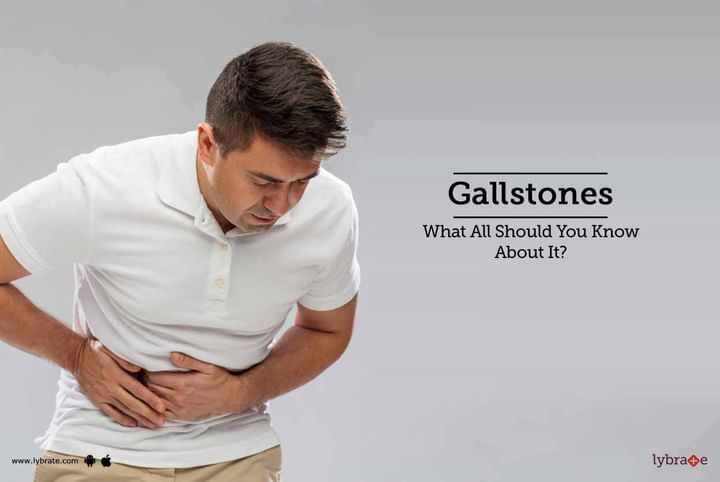Gallstones - What All Should You Know About It?
Gallstones are small stones that form in the gallbladder as a result of the deposits caused by the bile, a type of digestive fluid. Actually, the gallbladder stores bile and releases it into the duodenum (part of the small intestine) for the digestion of fats. However, when the gallbladder is unable to release the bile properly, the bile deposits start building up and manifest in the form of stones. These stones vary in size, ranging from tiny sand-like grains to big golf ball-like stones.
Symptoms of gallstones: Many times, individuals have stones in their gallbladder and yet they do not experience any discomfort. These stones are very small in size and therefore, do not cause trouble. This is why they are called silent stones and for such individuals, treatment is not needed. But if an individual experiences discomfort, it is a signal for treatment. The signals come in the form of specific symptoms such as pain in the upper right side of the abdomen, pain between the shoulder blades, nausea, vomiting, fever, and even jaundice.
Causes of gallstones: Gallstones may result due to common. Excess bilirubin produced by the liver causes hard, dark brown stones called pigment gallstones. Even when the gallbladder cannot empty the bile, stones are formed due to the concentration of bile.
Treatment: Once gallstones are detected through a CT scan or ultrasound, the doctor begins the course of treatment. Gallstones can be removed only through surgery. In surgery, the gallbladder is removed to help the bile flow directly into the duodenum from the liver. This surgery is called cholecystectomy and it is a safe procedure. The removal of gallbladder does not affect the digestive system in any way.
Prevention: Gallstones can form in any individual’s gallbladder but some people are more susceptible to the condition. Such individuals include women over 40, those who lead a sedentary lifestyle, obese/overweight individuals, and those with a family history of gallstones. Therefore, such people should be aware of the risk they face. If such individuals report any symptoms related to gallbladder stones, they should get it diagnosed immediately. Apart from this, one should also keep a check on the diet. A high-fat or high-cholesterol diet should be replaced with a high-fiber diet and one should also take meals on time. Not eating anything for long hours and fasting increases the risk of gallstones. Regular exercise also helps in this matter. Last but not the least, one should drink plenty of water as it regulates the functioning of the liver and prevents the formation of stones. Gallstones are a common disorder but they cause difficulties for the patient and hence, one should get it treated on time. If surgery is recommended, one should not delay it and get it done as soon as possible. Delay only aggravates the problem.



+1.svg)
